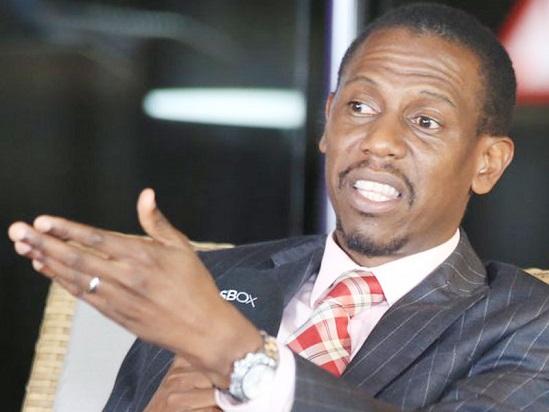The government of Uganda through attorney general has sued 80 people from Lwengo, Kyotera, and Rakai districts for rejecting compensation payments for their land, which lies along the demarcated route of the East African Crude Oil Pipeline (EACOP) project.
The government, through the Attorney General, has sued the project-affected persons (PAPs), accusing them of refusing to accept the compensation amounts allocated to them during the property evaluation process. This rejection, government says this is a threat to the progress of the pipeline project.
Senior state attorney Imelda Adong, representing the government, filed the application at the Masaka High court seeking to compulsorily acquire the disputed land to allow the project to proceed, while the disputes with the PAPs are resolved.
According to Adong, the 80 PAPs, who are registered administrators of 41 estates, were collectively offered Shs 701 million in compensation. However, they rejected the amount, arguing it was insufficient. Adong noted that despite repeated negotiations, the PAPs have refused to vacate the land, hindering the pipeline project.
The government is now seeking court orders to gain vacant possession of the land for the EACOP project, permission to deposit the compensation in court, and eviction and demolition orders against the affected persons. Additionally, the government has requested that the landowners bear the litigation costs and that the government be absolved of any liability arising from claims related to the court orders.
However, the PAPs, represented by lawyer Peter Alinaitwe, argue that the government is attempting to forcibly strip them of their land rights. They contend that the compensation offered is inadequate and does not reflect the true value of the properties that will be lost to the project. Alinaitwe claims that the contractor hired to assess the compensation made several errors, leaving unresolved grievances that have persisted for over three years.
In addition to filing a defense, Alinaitwe has urged the government to seek a harmonious settlement with the affected persons rather than resorting to litigation, which he says will further burden the PAPs. Masaka High court registrar Roy Kalungi has scheduled the hearing for September 16.
One of the PAPs, Cosma Yiga, criticized the government for prioritizing the interests of the oil company over those of local residents. Yiga, who is set to lose 2.7 acres of land with coffee, banana, mango, and jackfruit trees, was offered Shs 43.6 million in compensation – a figure he claims is far below the value of his property.
Yiga further alleges that while some PAPs signed consent forms to give up their land, the majority are dissatisfied with the compensation and are struggling to rebuild their livelihoods.
The government and its partners are constructing a 30-meter-wide, 1,443-kilometer-long pipeline that will transport Uganda’s crude oil from Hoima to the Chongoleani Peninsula in Tanzania for export to international markets.urn
![]()
























